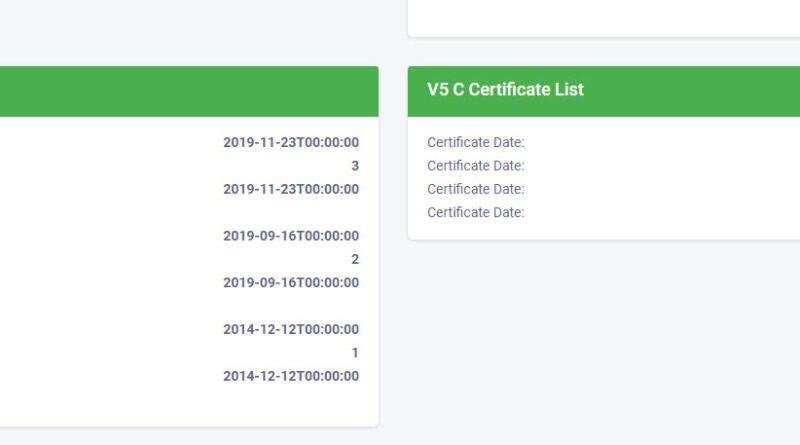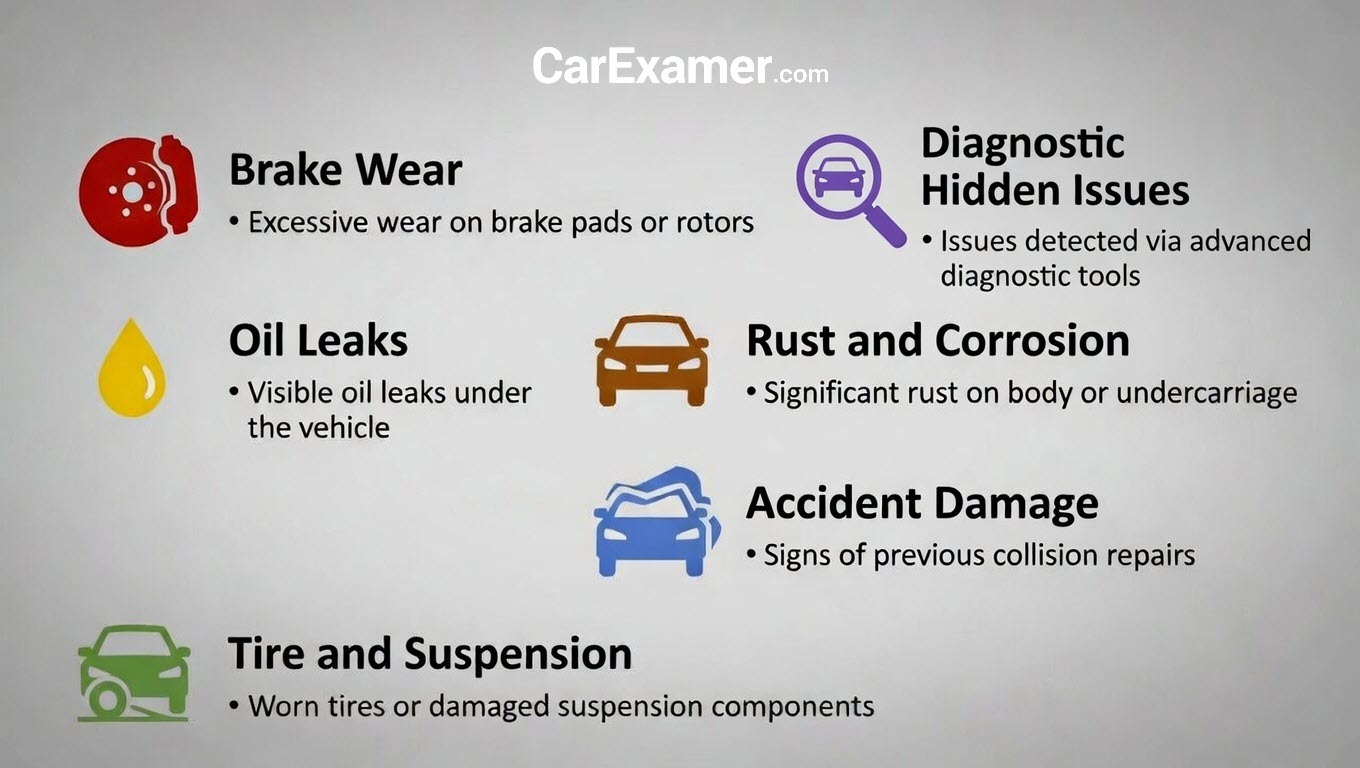Last V5C Issue Date Check: Why It Matters When Buying or Selling a Used Car
Estimated reading time: 5 minutes
When buying or selling a used car in the UK, paperwork is just as important as the vehicle itself. One of the most overlooked yet important checks is the Last V5C Issue Date. This small detail can highlight recent record updates, potential inconsistencies, and whether the documentation reflects current DVLA information. The V5C log book is the official registration certificate issued by the Driver and Vehicle Licensing Agency. It confirms the registered keeper and vehicle details. The issue date can also provide clues about the vehicle’s administrative history. This guide explains what the Last V5C Issue Date means, why it matters, where to find it, and how to use it as part of a proper used car due diligence process.
What the Last V5C Issue Date means
The Last V5C Issue Date is the date when the current version of the V5C registration certificate was issued by the DVLA. It is not the same as the vehicle’s first registration date and it is not always the date the current keeper bought the car.
A new V5C is typically issued when certain changes occur, such as:
Change of registered keeper
Change of keeper address
Corrections to keeper details
Replacement of a lost or stolen log book
Administrative updates by DVLA
Where to find the Last V5C Issue Date
You can find the Last V5C Issue Date on the front page of the V5C log book. It is usually shown near the top section, alongside the document reference details.
Be careful not to confuse it with:
Date of first registration
Date of registration in the UK
Date the current keeper acquired the vehicle
Each field describes something different.
Why the Last V5C Issue Date matters
The Last V5C Issue Date is useful because it helps you confirm the document is current and understand whether anything has recently changed in the DVLA record.
Why it matters for buyers
A recent issue date can help you:
Confirm the log book reflects current DVLA records
Identify recent administrative changes that the seller should be able to explain
Spot inconsistencies between the seller’s story and the paperwork timeline
Reduce the risk of documentation-related fraud
A very recent issue date is not automatically suspicious, but it should make sense in context.
Why it matters for sellers
A current V5C helps you:
Show that keeper details are accurate
Avoid delays during transfer of keeper details
Build trust with buyers by providing clear documentation
Reduce the chance of post-sale admin disputes
Common scenarios and what they usually mean
A recent V5C issue date with no ownership change
This is common. Typical reasons include:
The keeper changed address
The log book was lost and replaced
A correction was made to DVLA records
Ask a simple question and the seller should be able to explain it clearly.
An older V5C issue date
This can also be normal. If nothing has changed for years, the log book will often remain the same. What matters is whether the keeper details match the seller’s identity and whether the rest of the story checks out.
The seller is not the registered keeper
This is not always a deal-breaker, but it increases risk. If the seller is selling “for a friend” or “on behalf of family”, you should expect clear proof and be more cautious with payments and documentation.
Red flags to watch for
Use the Last V5C Issue Date as a prompt for sensible questions, especially if you see:
A seller unwilling to show the original V5C
A very recent issue date with vague explanations
Details that do not align with the seller’s ownership story
Pressure to pay quickly before you can verify documents
Paperwork that looks inconsistent or poorly presented
None of these on their own is proof of wrongdoing, but patterns matter.
How to cross-check V5C logbook information properly
A Last V5C Issue Date check should sit alongside other checks, including:
DVLA online vehicle details check
MOT history review
Service history review
Outstanding finance check
Insurance write-off check
Professional pre-purchase inspection
A V5C check reduces paperwork risk. A physical inspection reduces mechanical and condition risk. You need both.
DVLA records and the V5C ownership myth
The V5C is not proof of legal ownership. It confirms the registered keeper only. This matters because vehicles can still have outstanding finance, previous write-off history, or other issues that the V5C will not confirm.
Treat the V5C as one part of a wider verification process.
Practical advice for buyers
Before committing to a purchase:
Inspect the original V5C, not just a photo
Confirm the registration and VIN match the vehicle
Check the issue date and ask about it if it is recent
Confirm the seller identity aligns with the keeper details
Keep written evidence of what you were told
Practical advice for sellers
To keep transactions clean and smooth:
Ensure the V5C details are correct before listing
Be ready to explain the issue date if it is recent
Keep proof of transfer submission after sale
Be transparent about how long you have kept the car
Conclusion
The Last V5C Issue Date is a small detail that helps you understand how current the DVLA paperwork is and whether recent changes need explaining. It will not tell you everything, but it is a simple, quick check that can prevent avoidable mistakes.
Use it as part of a wider buying process that includes vehicle history checks and a proper inspection of the car’s condition.
FAQs
What does the Last V5C Issue Date mean
It is the date the DVLA issued the current V5C log book. It reflects the most recent administrative update to the document.
Does a recent V5C issue date mean something is wrong
Not necessarily. It can be caused by an address change or replacement document. The key is whether the seller can explain it clearly and consistently.
Is the V5C proof of ownership
No. The V5C confirms the registered keeper, not the legal owner. It does not confirm whether the car has finance or other history risks.
Should I avoid buying a car with a recently issued V5C
No, but you should ask why it was recently issued and cross-check the story with MOT history, service history, and a vehicle history report.




